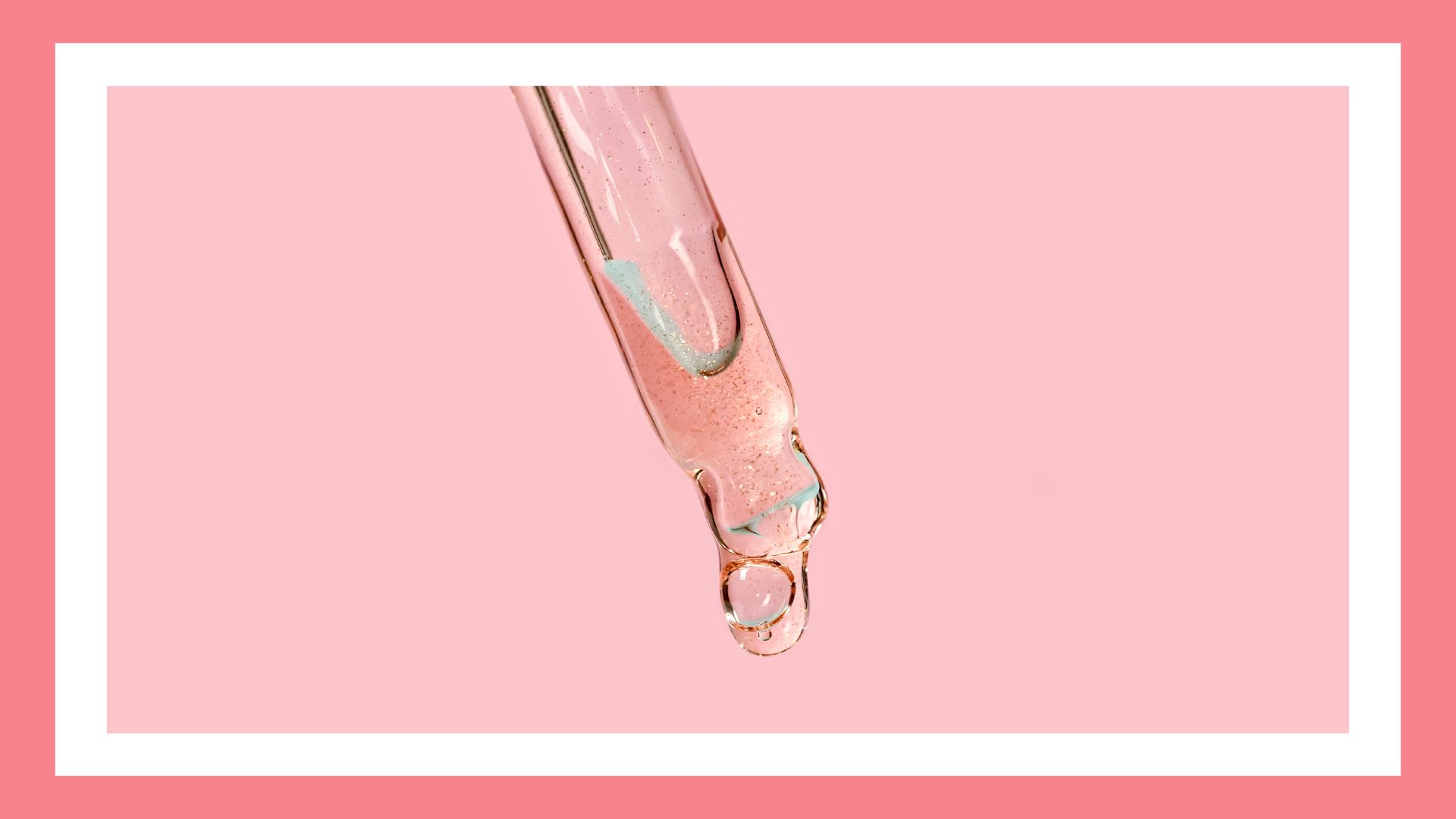Rosemary hair oil is all over TikTok—but here's why experts warn you should be cautious
TikTok is going wild for rosemary hair oil, but caution should be exercised...


Rosemary hair oil is being heralded by TikTok as a miracle potion for stimulating hair growth—but does it actually work and what (if any) are the benefits?
From the curly girl method to sussing out the best hairstyles for your hair type, TikTok is a treasure trove of recommendations, advice and hacks for combating all of your beauty qualms. Right now, in particular, the app is obsessed with rosemary oil, with thousands of videos singing its praises for boosting hair growth. But does it actually have any proven benefits for our locks?
Here's everything you need to know about rosemary oil, from what the experts think to how to use essential oils safely...
What is rosemary hair oil?
Much like when TikTokers started raving about using the skin-loving ingredient hyaluronic acid for the hair, rosemary oil has well and truly blown up on the app—culminating in over 23 million views to the hashtag.
There's a plethora of videos with users praising rosemary oil (diluted, that's very important and we'll get to why in a minute!) for helping to regrow their damaged hair or stress hair loss and making their locks thicker and shinier.
Users like @victoriaxunderwood, demonstrate applying the oil to their scalp as part of their haircare routine, massaging the oil into the scalp with a scalp brush or their fingers, before leaving it to marinate and nourish their hair for a few hours.
So as we can see, there are a ton of videos showing the before and after results of consistently using rosemary oil once or twice a week and they're pretty compelling—with many users calling the treatment a game changer.
But what do the experts make of this treatment trend—do we need to be deinfluenced or are there true benefits to rosemary oil?
Does rosemary hair oil work?
Now, this is a subject of some contention. While many users sing its praises, experts are hesitant to accredit the oil for having true hair growth-boosting benefits, noting that there isn't a ton of research out there.
Zoë Passam, Consultant Trichologist at Philip Kingsley explains that there is evidence that rosemary oil has a similar effect to minoxidil—a medication used for the treatment of hair loss. She explains: "A study in 2015 compared the effects of rosemary oil vs 2% minoxidil for the treatment of androgenetic alopecia (male and female pattern hair loss), and after six months, found a similar increase in hair counts with both treatments.
"Similarly, a study in 2014 found that rosemary oil had a similar effect to minoxidil on the patchy hair loss condition alopecia areata," before adding that the oil is also said to have, "anti-inflammatory, anti-oxidant and anti-microbial effects."
However, Passam notes that studies on the benefits of rosemary oil are limited, adding: "One should be wary of drawing conclusions from single studies. In relation to potential benefits for alopecia areata—this condition is well known for its potential to recover spontaneously regardless of treatment—so it is difficult to be sure whether rosemary oil is truly beneficial."
Citing the same study, Dr. Hugh Rushton, an award-winning Consultant Trichologist and founder of the UK’s specialist hair loss clinic, The Rushton Clinic—as well as an expert at Goldster—also adds: "Rosemary oil might help like minoxidil but long-term studies are needed to establish this possible benefit."
So, while there is evidence of rosemary oil having some hair growth benefits, more research needs to be conducted before it can be dubbed a bonafide treatment for promoting hair growth. So, if you have your heart set on testing this trend out, do keep that in mind, as results might differ—and make sure you're using diluted rosemary oil.
Are their risks to using rosemary oil?
As for the risks of rosemary oil, Dr. Rushton explains that: "Too much rosemary oil can cause unpleasant side effects but used at a recommended concentration, it should be safe providing there is no known history of having had a past allergic reaction to rosemary oil."
Passam also warns that: "Rosemary oil can cause scalp irritation, especially if applied undiluted to the skin, and it would be sensible to avoid applying to inflamed or broken skin."
Do you need to dilute rosemary oil?
Yes, as mentioned you need to use diluted rosemary oil if you are trying this method yourself. We'd recommend purchasing a specifically formulated rosemary oil, that has already been diluted, like the Mielle Organics Rosemary Mint Scalp & Hair Strengthening Oil from Amazon, rather than mixing it yourself.
As Rushton explains, essential oils need to be diluted in order to "avoid potential scalp/skin irritating, which could induce hair loss." He adds, "like food seasoning ingredients—you would only add an amount required to achieve the desired flavor."

Naomi is a Lifestyle News Writer with the Women's Lifestyle team, where she covers everything from entertainment to fashion and beauty, as well as TikTok trends for Woman&Home, after previously writing for My Imperfect Life and GoodTo. Interestingly though, Naomi actually has a background in design, having studied illustration at Plymouth University but lept into the media world in 2020, after always having a passion for writing and earned her Gold Standard diploma in Journalism with the NCTJ.
Before working for Future Publishing’s Lifestyle News team, she worked in the Ad production team. Here she wrote and designed adverts on all sorts of things, which then went into print magazines across all genres. Now, when she isn’t writing articles on celebs, fashion trends, or the newest shows on Netflix, you can find her drinking copious cups of coffee, drawing and probably online shopping.